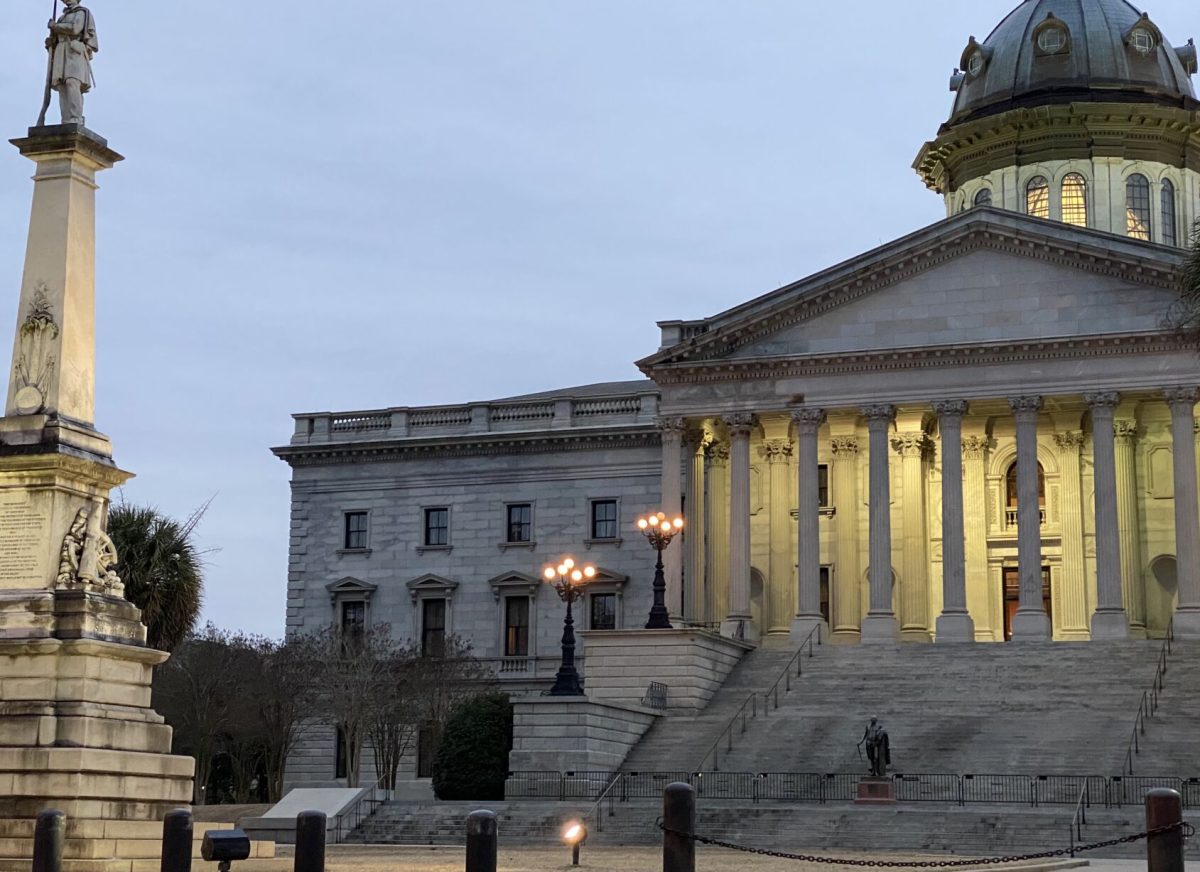On Thursday, Jan. 28, the South Carolina Senate passed Senate Bill 1, a bill prohibiting abortions if a fetal heartbeat is detected. The bill now moves to the House, where it is likely to pass with Republicans having an overwhelming majority.
Governor Henry McMaster has pledged to sign the bill. “We will keep pushing until the Fetal Heartbeat Bill reaches my desk and I will immediately sign it into law,” he said in a tweet on Jan. 28.
The bill requires abortion providers to first perform an ultrasound to determine if a fetal heartbeat exists and then show images of the ultrasound to the pregnant woman. If a fetal heartbeat is detected, the provider will not be legally permitted to perform the abortion. Additionally, if the pregnancy is at least eight weeks along, the provider will be required to offer the pregnant woman the chance to listen to the fetal heartbeat.
The bill allows for exceptions in the case of a medical emergency in which the pregnant woman would likely die or suffer a “substantial and irreversible impairment of a major bodily function,” as determined by a physician.
There are also exceptions in the case of an extreme fetal anomaly, rape or incest, given the pregnancy is less than twenty weeks along. The abortion provider would be required to report the allegations of rape or incest to the county sheriff.
Republican members of the Senate praised the passage of the bill. Senate Majority Leader Shane Massey (R-25) called it “a “big victory.” SC Republican Party Chairman Drew McKissick said “Today was a historic day for life here in South Carolina.”
Senator Richard Cash (R-3), who has made abortion a key part of his platform for years, said “I’ll tell you this from my heart. There isn’t anything left but defending life at conception after that.”
During debate on Thursday, Senator Mia McLeod (D-22) spoke from her own experience as a survivor of sexual assault. She criticized the provision of the bill that would require physicians to report allegations of rape and incest.
McLeod also expressed her concerns that without a legal avenue to a safe abortion, desperate women would seek any means, sometimes dangerous means, to terminate a pregnancy. “Without mental and emotional and financial support, many more women and girls won’t survive,” she said.
Of the South Carolina Senate’s 46 members, five are women. Senator Sandy Senn (R-41) was the sole Republican to vote against the bill and one of just three female senators to speak out against it during debate. “We don’t need guidance on issues concerning our wombs,” she said.
Senator Bright Matthews (D-45) said the Senate did not hear sufficient testimony from doctors and OBGYNs, as many people who testified before the Medical Affairs subcommittee were not medical professionals.
Several senators, along with activists, chastised Republicans for making the fetal heartbeat bill a priority in the midst of a pandemic.
Similar fetal heartbeat bills have been signed into law in 11 other states, though all were blocked by court orders based on constitutional rights established in the federal court case Roe v. Wade. Pro-life activists hope state-level bills like South Carolina Senate Bill 1 will spark a national debate about overturning Wade in the Supreme Court of the United States.








